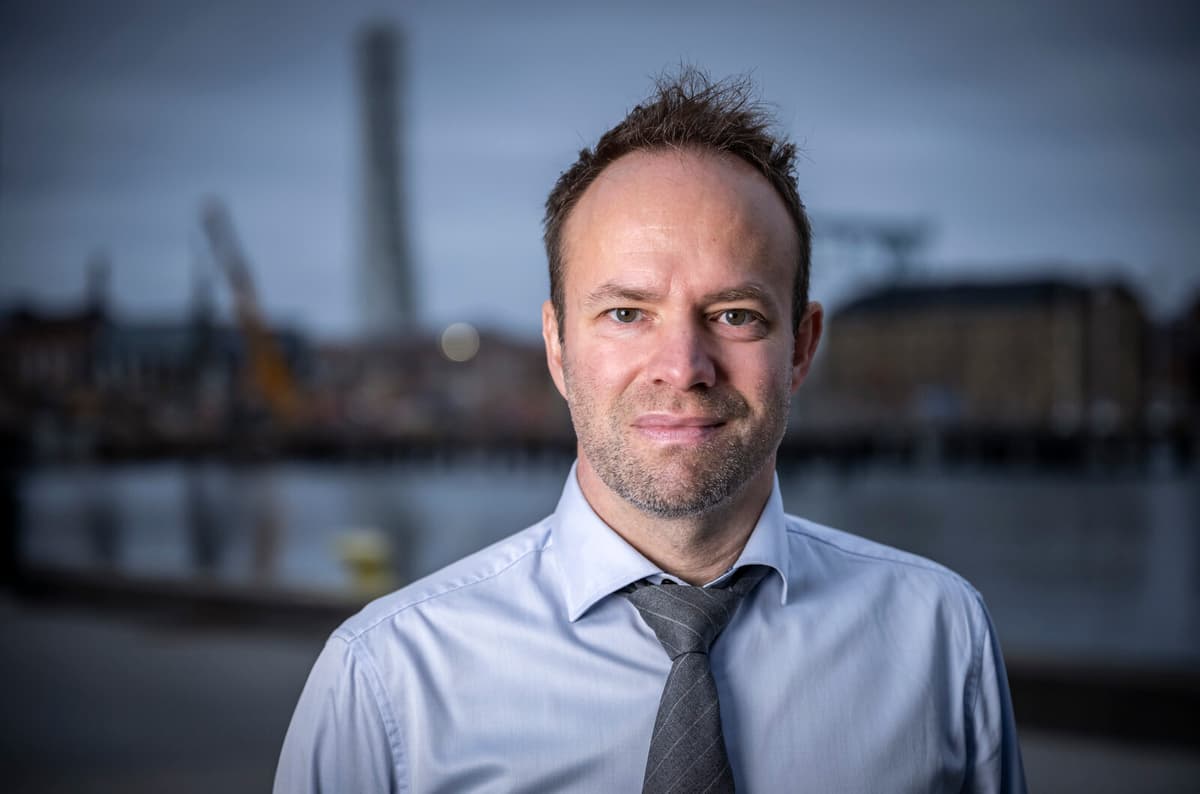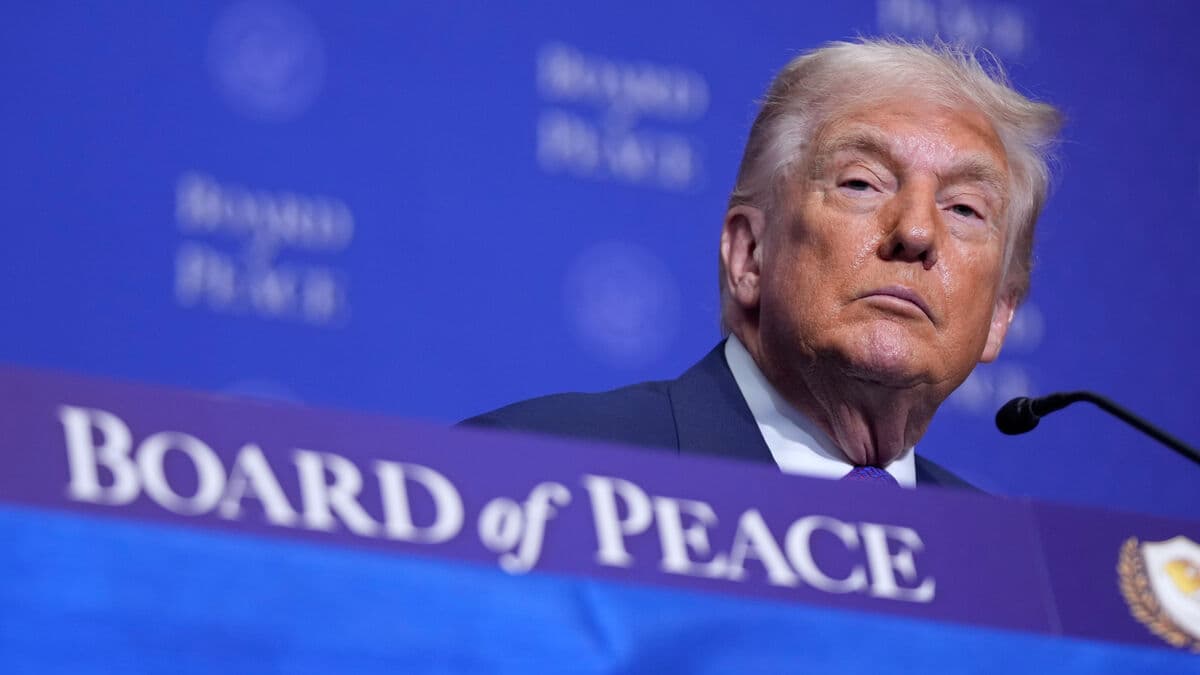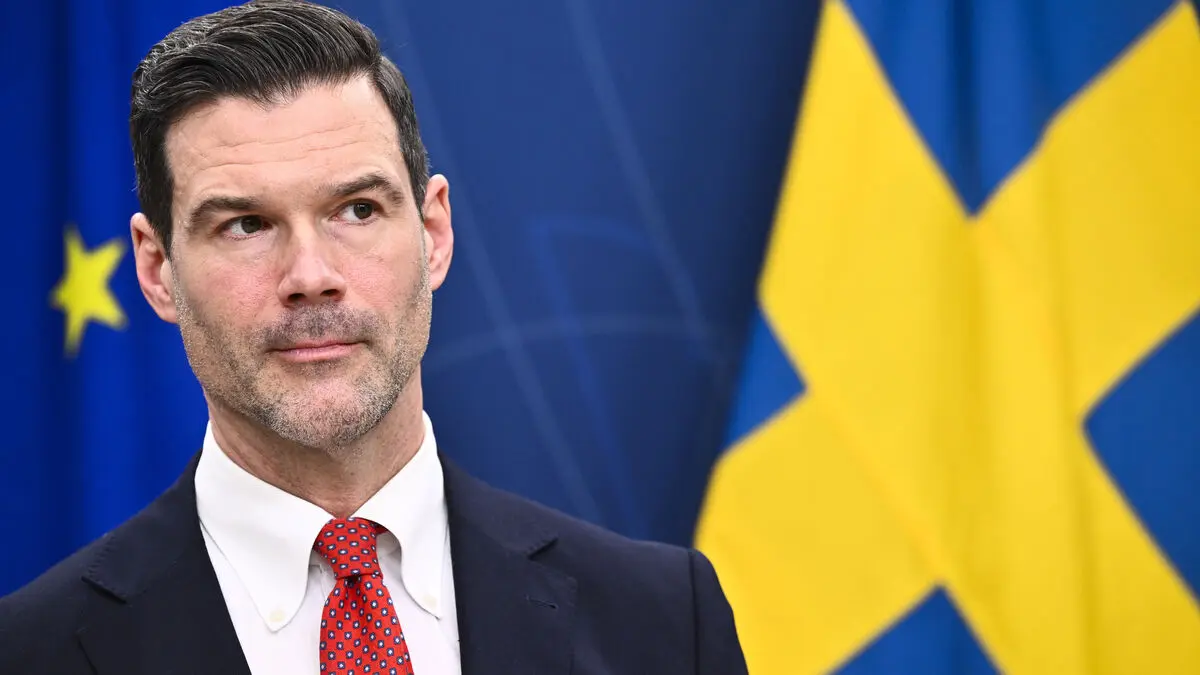It's been over 31 years since the Oslo process was concluded in the Norwegian capital. The ultimate goal of the historic peace effort was a two-state solution: a Palestinian state alongside the Israeli one. When around 80 representatives from different countries and organizations gather in Norway today, the goal seems farther away than ever.
It seems that the idealists are meeting in Oslo and the realists in Doha, says Anders Persson, referring to the parallel talks on a ceasefire in Gaza, which are reportedly nearing a final stage in Qatar's capital.
He is not optimistic about the Norway meeting. The solution advocated by, among others, Norway, the EU, and the Arab League – i.e., a Palestinian state including the entire West Bank and Gaza Strip – is very far away, he says.
Perhaps one could imagine a downscaled, less grandiose variant, such as the plan (Donald) Trump presented in 2020.
Advertisement
Israel dismisses
According to that plan, Israel would retain most of East Jerusalem, the Jordan Valley, and the Israeli settlements on the West Bank. The Palestinians would gain control over 70 percent of the West Bank, the entire Gaza Strip, and smaller parts of East Jerusalem. Israel's Prime Minister Benjamin Netanyahu called it "the deal of the century"; the Palestinians' President Mahmoud Abbas called it "the slap of the century".
It's possible that Trump will get a flying start if the ceasefire takes hold and he then returns with his own, dusted-off version of a two-state solution. Seen that way, it could be exciting with a second Trump period, says Persson.
Among the participants in Norway are, according to AFP, the Palestinians' Prime Minister Mohammed Mustafa, the UN's Middle East envoy Tor Wennesland, and UNRWA chief Philippe Lazzarini. It is unclear whether the US will participate, and neither Israel nor Hamas has announced its presence.
It raises huge question marks about what can actually be achieved when the leading parties, at least two of them, are not there, says Persson.
Advertisement
"Irony"
Today's meeting is the third held within the framework of a new global alliance for a two-state solution, after one in Riyadh in October and one in Brussels in November.
Anders Persson calls the timing of the meeting – in the midst of a raging war – "an irony of great proportions". At the same time, he sees it as a way to signal that there are many countries interested in a two-state solution in some form.
But the challenge has always been to get from A to Ö. And that challenge remains, as far as I can see.
Here are some of the decisions regarding the Israel-Palestine issue made during Donald Trump's previous term as US President:
Recognition of Jerusalem as Israel's undivided capital and relocation of the US embassy from Tel Aviv to Jerusalem.
Support for Israel's annexation of the Jordan Valley and settlements on occupied Palestinian territory, which contravenes international law.
Freezing of aid to the UN agency for Palestinian refugees, UNRWA.
Withdrawal from the international nuclear agreement JCPOA with Israel's archenemy Iran.
Recognition of Israeli sovereignty over the Golan Heights.
Promotion of the so-called Abraham Accords on normalized relations between Israel and the United Arab Emirates, Bahrain, and Sudan.
Closure of the Palestinian umbrella organization PLO's office in Washington DC.






